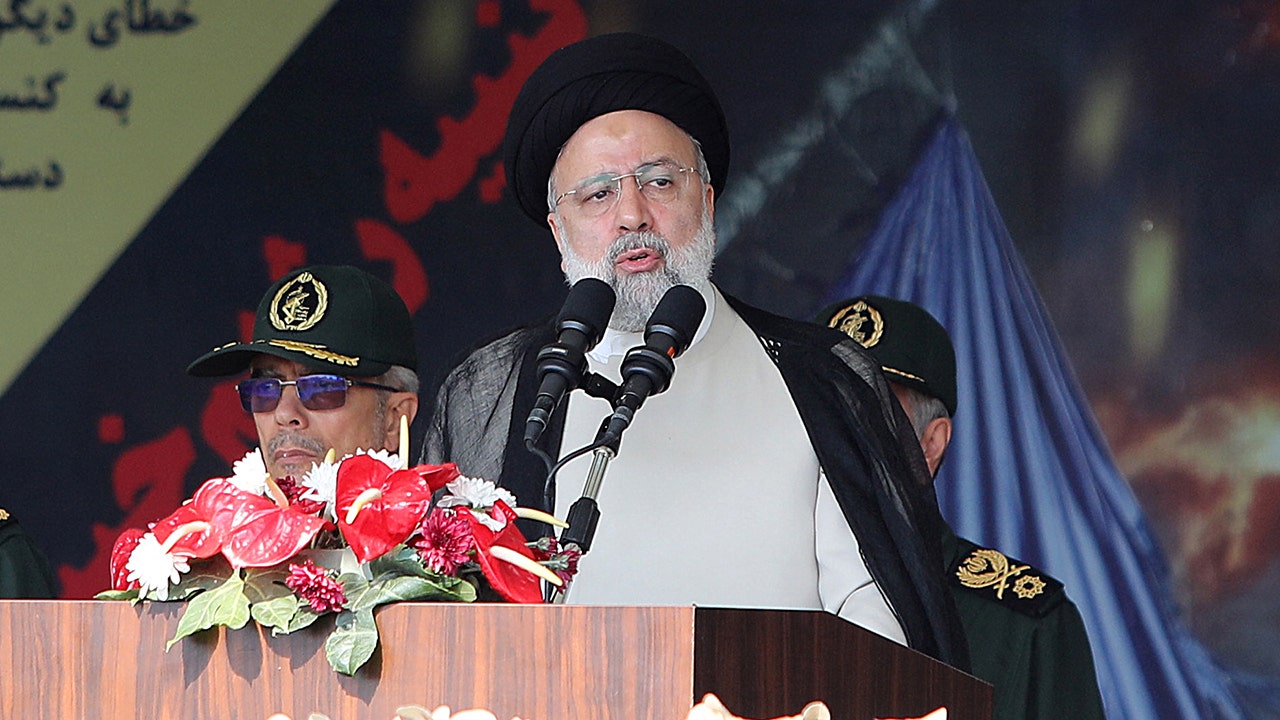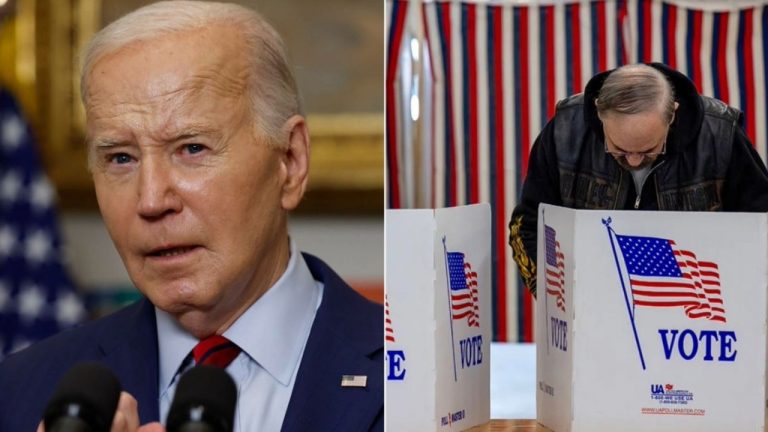State Department expresses sympathy for death of ‘Butcher of Tehran’
The recent deaths of two high-ranking Iranian officials, including the President of the Islamic Republic, have elicited condolences from the State Department, sparking controversy due to Iran’s notorious human rights abuses. The tragic incident occurred following a helicopter crash in northwest Iran, claiming the lives of President Ebrahim Raisi, Foreign Minister Amir-Abdollahian, and others from their delegation. The State Department spokesperson, Matthew Miller, expressed official condolences while reaffirming support for the Iranian people’s pursuit of human rights and fundamental freedoms.
Iran’s President Raisi and Foreign Minister Amirabdollahian met their untimely demise as their helicopter crashed in the Dizmar Forest in Iran’s East Azerbaijan province. The crash, which occurred during Raisi’s return trip from a dam inauguration with Azerbaijan’s President, resulted in fatalities, including the three crew members on board the Bell helicopter purchased by Iran in the early 2000s.
Raisi, who gained the moniker “Butcher of Tehran” for his involvement in mass executions of political prisoners in 1988, was a controversial figure within the Iranian political landscape. His record of human rights violations and support for terrorism raised eyebrows globally, leading to skepticism over the outpouring of condolences from the United States following his tragic demise.
Various world leaders, like Gabrielius Landsbergis, Lithuania’s foreign minister, questioned the appropriateness of offering condolences to Raisi due to Iran’s affiliations and actions. The Iranian government’s history of cracking down on dissent, arbitrary detentions, and oppressive measures against women and minorities have long been condemned by the international community.
Despite Iran’s dismal human rights track record, the Biden administration’s approach of engaging with Tehran for nuclear deal negotiations and funding allocations has drawn criticism for enabling Iran’s nefarious activities. The State Department’s recognition of Raisi at the United Nations Security Council, coupled with a moment of silence in his honor, faced backlash for seemingly overlooking his oppressive regime’s atrocities.
In response to queries about the U.S. participation in honoring Raisi, the State Department reiterated Raisi’s direct involvement in human rights abuses and repression, emphasizing the importance of acknowledging his tainted legacy. While the loss of life in the helicopter crash was regrettable, it did not diminish the severity of Raisi’s role in perpetuating gross human rights violations during his tenure.
Amidst the global tributes to Raisi, voices of dissent and concern highlighted the need for accountability and a firm stance against oppressive regimes like Iran. The Iranian people’s plight, mourning the loss of their leader, echoed through diplomatic circles and international forums, underscoring the delicate balance between acknowledging tragedy and condemning injustice.
As the world grapples with the aftermath of a tragic accident that claimed the lives of influential figures, the discourse on human rights, accountability, and diplomatic propriety remains at the forefront of global conversations. The State Department’s condolences, while a diplomatic gesture, also shed light on the complexities and contradictions inherent in navigating relationships with repressive regimes.
Ultimately, the deaths of President Raisi and Foreign Minister Amirabdollahian serve as a somber reminder of the fragility of human life and the enduring struggle for justice, freedom, and dignity in a world fraught with challenges and complexities.








